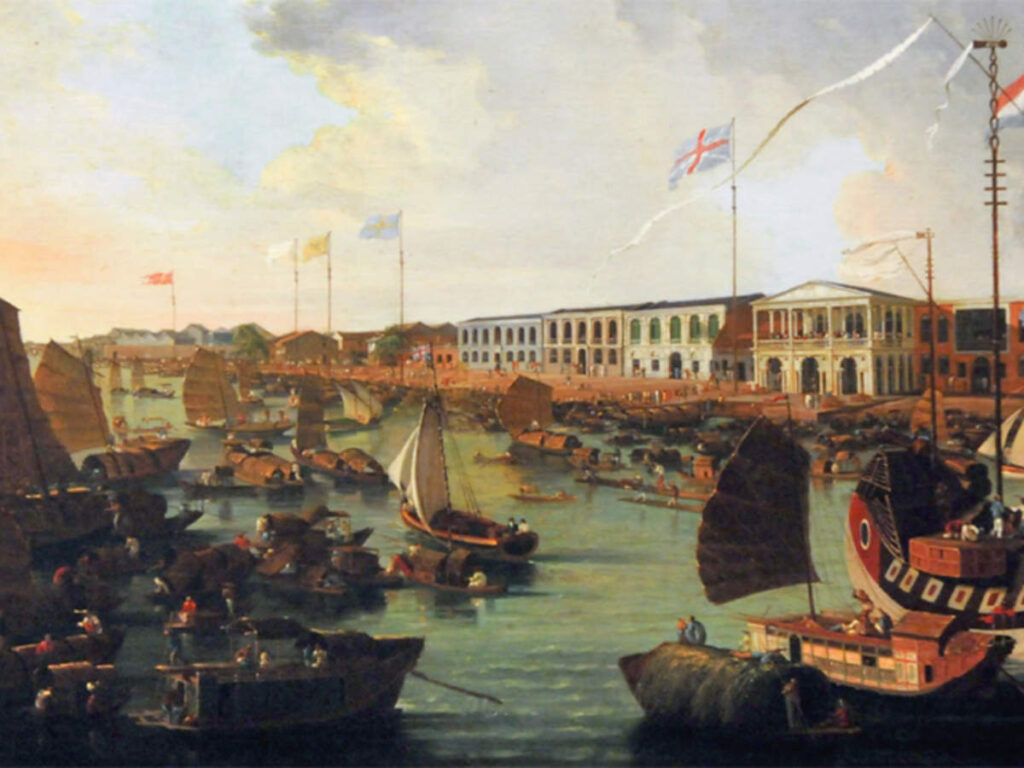The vibrant tapestry of Gujarat’s history is woven with threads from diverse communities. Among them, the Parsis, descendants of Zoroastrians from Iran, stand out for their unique journey and enduring contribution. Their arrival in Gujarat, shrouded in a veil of time, is a testament to resilience, cultural exchange, and the spirit of acceptance.

Escaping Persecution, Seeking Refuge
The exact date of the Parsi migration remains a subject of debate, with estimates ranging from the 8th to 10th centuries AD. According to the 16th-century epic, ‘Kisseh-i-Sanjan,’ they fled religious persecution in their homeland, seeking refuge on the shores of India. Their initial stop was Diu, a small island off the coast of Gujarat, where they spent nearly two decades before continuing their search for a permanent home.
A King’s Welcome, A Community Takes Root
Legend narrates their arrival in Sanjan, a coastal town in Gujarat. Apprehensive about being accepted, the Parsis presented King Jadi Rana with a unique challenge: If a bowl of milk wouldn’t overflow when sugar was added, they would leave. Miraculously, the milk remained full, signifying the prosperity the Parsis would bring. King Rana, impressed by their ingenuity and peaceful nature, granted them asylum.
Integration and Flourishing
The Parsis, known for their industrious spirit and strong work ethic, quickly integrated into Gujarati society. While preserving their Zoroastrian faith and customs, they adopted Gujarati as their language and assimilated into the local trade networks. They played a pivotal role in Gujarat’s commercial success, pioneering industries like shipbuilding and textiles. Their philanthropic endeavors, particularly in education and healthcare, continue to benefit the state.
A Community Today: Challenges and Perseverance
Despite their rich history, the Parsi community in India faces challenges. With a dwindling population of around 60,000, primarily concentrated in Mumbai and Gujarat, preserving their heritage becomes increasingly important. Efforts to encourage younger generations to embrace their traditions and interfaith marriages are underway to ensure the community’s future.
Pioneering Parsis
Parsis, a vibrant minority in India, have made significant contributions across various fields. From industry titans like Jamsetji Tata, who founded the Tata Group, to scientific minds like Homi Bhabha, the “father of the Indian nuclear program,” Parsis have left their mark. The legendary lead singer of Queen, Freddie Mercury, was also of Parsi descent. Their influence extends to the arts with personalities like actress Aruna Irani and author Firdaus Kanga. This small community has truly punched above its weight in shaping modern India.